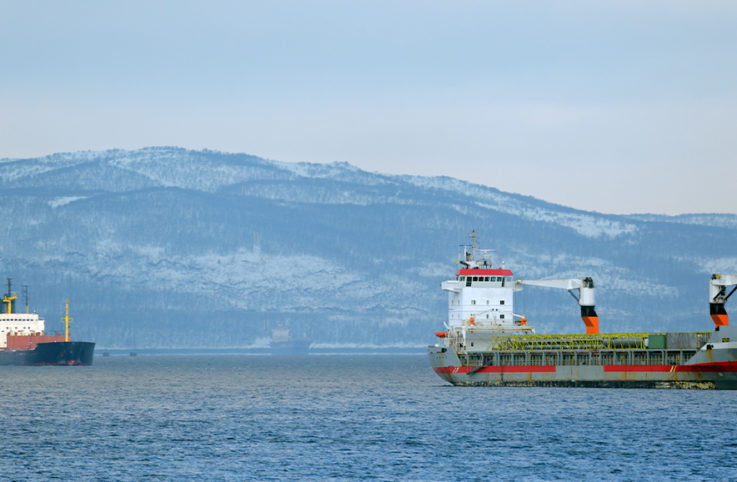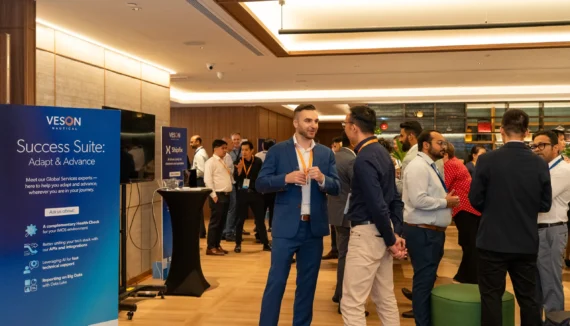In recent years, a global emphasis on combatting climate change has led to an elevated focus on more sustainable processes among the commercial maritime shipping industry. At a macro level, industry collaborations like the Sea Cargo Charter have committed to embracing more sustainable practices. Meanwhile, at a micro level, individual organizations on both sides of the contract are challenged to find new ways to think and act sustainability in their day-to-day workflows.
Industry leaders realize that their organization’s sustainability strategy is intrinsically linked to its digitalization strategy. With the right digital solution, your organization can leverage its operational data to better understand – and adjust for – environmental impact throughout the commercial workflow.
To help jump-start a pragmatic, digitally-enabled sustainability strategy within your organization, we’ve identified the following four tips:
-
Embrace a highly capable digital platform.
The ability to inform any decision in the commercial maritime space comes down to selecting the right platform and partner. This is just as true for sustainability-focused decisions as it is for decisions that drive pre-fixture agreements or post-fixture outcomes. Sustainability regulations and efforts will inevitably continue to evolve in what is one of the most urgent measures in the maritime shipping industry’s long and storied history. Adapting to these changes requires a platform and partner that understand your environmental goals and can deliver the actionable data needed to support them.
-
Standardize data for more sustainable decisions.
The topic of data standardization can feel daunting and out-of-reach, especially in the maritime industry. The good news is that many of the insights that will pave the way to more sustainable decisions already exist in your business today. The key to success is organizing your operational data and enabling it to be readily analyzed and made actionable by the appropriate stakeholders throughout your commercial workflow.
-
Embrace cross-system integration and collaboration.
Equipped with the right commercial platform and standardized data, you’re ready to embrace sustainability-focused integrations and collaborations. The maritime industry is full of innovative systems that address different aspects of a sustainable workflow. For example. organizations like ZeroNorth have the power to convert your operational data into actionable recommendations that enable you to reduce CO2 emissions and increase earnings to each and every voyage. Take care to center your commercial workflow in a platform that enables seamless integrations with your sustainability-focused solutions. Deep, data-driven integrations will maximize the quality, efficiency, and scalability of your approach.
Learn more about Veson’s unique integration partnership with ZeroNorth.
-
Don’t let the end goal dissuade you from making progress.
Looking at the volume of work to be done in order to achieve long-term, industry-wide sustainability goals can be intimidating, to say the least. While it is true that breakthroughs like low-emission ships and alternative fuels are time and resource-intensive, there are many ways that maritime shipping organizations can make a measurable impact today. Don’t let the size of long-term sustainability goals prevent you from taking immediate steps to better understand your emissions and make decisions to reduce your environmental impact; begin your journey by taking manageable steps in line with your existing process.
Inform More Sustainable Decisions with the Veson IMOS Platform
As a dynamic platform for the commercial management of marine fleets and cargoes, the Veson IMOS Platform (VIP) empowers the maritime world’s diverse stakeholders with the information and tools they need to make the right decisions at the right time. With a cloud-based interface, a dynamic and flexible integration approach, and one connected workflow spanning your entire voyage lifecycle, Veson Nautical is capable of delivering the insights you need to confidently make more sustainable decisions at scale. Are you ready to make strides towards your sustainability goals, together? Request more information.




